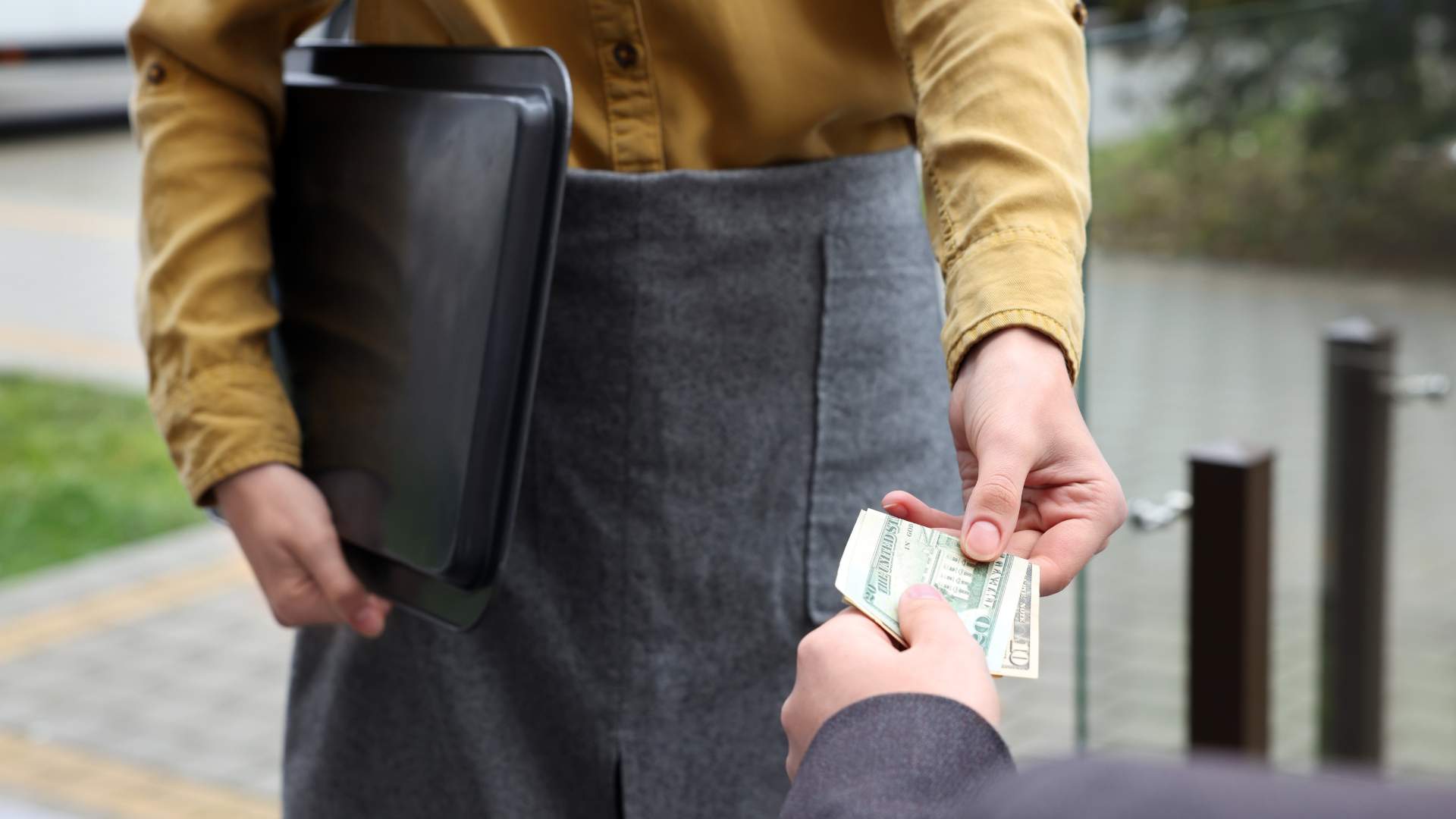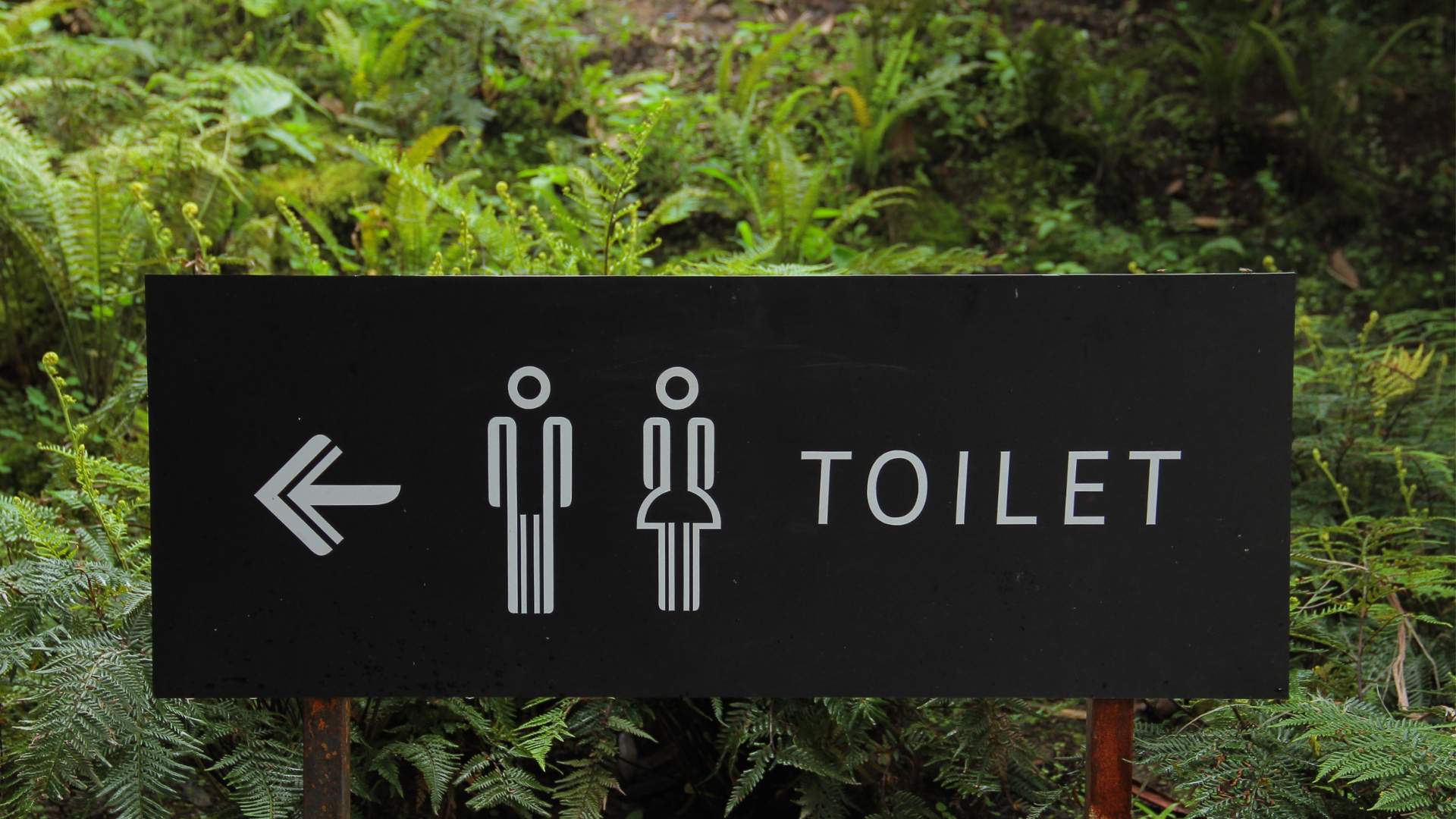15 Travel Habits That Could Get You in Trouble Abroad

Traveling opens doors to new experiences, cultures, and connections. But what’s second nature at home can sometimes be a faux pas overseas. From seemingly harmless hand gestures to dining etiquette, small missteps can make a big impact on how you’re perceived in another country.
To help you navigate the social nuances of global travel, here are 15 common habits that might land you in hot water abroad—and what to do instead.
1. Flashing the “OK” Sign

Where it’s a problem: Brazil, Turkey, Germany
In the U.S., the “OK” sign (thumb and index finger forming a circle) means approval. But in Brazil and Turkey, it’s an offensive gesture. In Germany, it can be interpreted as calling someone a “zero.”
What to do instead: A thumbs-up is generally safer, but when in doubt, just smile.
2. Tipping When You Shouldn’t

Where it’s a problem: Japan, South Korea, China
Leaving a tip is standard in the U.S., but in Japan and South Korea, it’s unnecessary—sometimes even rude. Many service workers take pride in providing exceptional service without expecting extra payment.
What to do instead: If you’re unsure, check if a service charge is included. Otherwise, a polite “thank you” (or a bow in Japan) is the best way to show appreciation.
3. Talking Loudly in Public

Where it’s a problem: Switzerland, Japan, Scandinavia
Americans tend to speak louder than people in many other countries—sometimes without realizing it. In Switzerland, Japan, and Nordic countries, raising your voice in public can be seen as disruptive or even rude.
What to do instead: Keep your voice at a moderate level, especially in restaurants, on public transport, or in quiet spaces.
4. Assuming Everyone Speaks English

Where it’s a problem: France, Spain, Italy
English is widely spoken, but not everywhere—and assuming it can come off as entitled. In places like France and Spain, locals appreciate it when visitors attempt even basic greetings in their language.
What to do instead: Learn a few simple phrases like “hello,” “please,” and “thank you” before your trip.
5. Overusing First Names

Where it’s a problem: Germany, France, Japan
In the U.S., using first names right away is a sign of friendliness. But in Germany and Japan, it’s seen as too familiar. Many cultures prefer formal titles (Mr., Ms., Dr.) until invited to use first names.
What to do instead: Stick to formal titles until given permission to be more casual.
6. Leaving Food on Your Plate

Where it’s a problem: China, the Philippines, Russia
In some countries, leaving food on your plate signals that you didn’t enjoy your meal, which can offend your host. In China and the Philippines, finishing everything shows appreciation.
What to do instead: Observe what others do. If unsure, ask politely about local dining customs.
7. Expecting Fast Service

Where it’s a problem: France, Italy, Spain
Americans are used to fast service, but in places like France and Italy, meals are meant to be enjoyed at a leisurely pace. Rushing waitstaff can be considered disrespectful.
What to do instead: Slow down and embrace the local dining culture—it’s part of the experience.
8. Standing Too Far Apart

Where it’s a problem: Brazil, Italy, Middle East
Americans value personal space, but in Brazil, Italy, and much of the Middle East, standing too far apart can come across as cold or unfriendly.
What to do instead: Follow social cues—if someone stands closer, it’s a sign of warmth, not intrusion.
9. Blowing Your Nose in Public

Where it’s a problem: Japan, China, France
In Japan and China, blowing your nose in public is considered unhygienic and impolite. Instead, people excuse themselves to the restroom.
What to do instead: If you must, do it discreetly—and definitely don’t use a cloth handkerchief.
10. Not Removing Your Shoes Indoors

Where it’s a problem: Japan, South Korea, Middle East
In many cultures, shoes are considered dirty and should be removed before entering homes, temples, and even some restaurants.
What to do instead: If you see a pile of shoes by the door, take yours off too.
11. Expecting Free Water at Restaurants

Where it’s a problem: Europe, Australia
In the U.S., tap water is free at restaurants, but in much of Europe and Australia, you’ll need to pay for bottled water.
What to do instead: Ask whether tap water is available or bring a reusable bottle to refill at public fountains.
12. Laughing with an Open Mouth

Where it’s a problem: Japan, South Korea
In the U.S., a big, open-mouthed laugh is a sign of joy. But in Japan and South Korea, it’s considered unrefined—some even cover their mouths when laughing.
What to do instead: A smile or chuckle can go a long way without being over the top.
13. Expecting Public Restrooms to Be Free

Where it’s a problem: Europe, China
In many countries, public restrooms require payment, so travelers are often caught off guard.
What to do instead: Carry small coins for bathroom access, especially in train stations and tourist spots.
14. Cutting in Line

Where it’s a problem: UK, Japan, Australia
While cutting might be tolerated in busy U.S. settings, in the UK, Japan, and Australia, skipping ahead is seen as rude and unfair.
What to do instead: Always queue up and wait your turn—it’s a sign of respect.
15. Using the Wrong Hand in Some Countries

Where it’s a problem: India, Middle East
In India and the Middle East, the left hand is traditionally considered unclean and should not be used for eating, shaking hands, or passing items.
What to do instead: Use your right hand when greeting people, handing over money, or eating traditional meals.
Final Thoughts

The best way to be a respectful traveler? Observe, adapt, and embrace local customs. A little cultural awareness goes a long way in making your journey smoother and more meaningful.
What’s the most surprising travel custom you’ve encountered? Share your experience in the comments. And for more travel tips and insider insights, follow The Daily Dive for your next adventure. This article was written with the help of AI.






